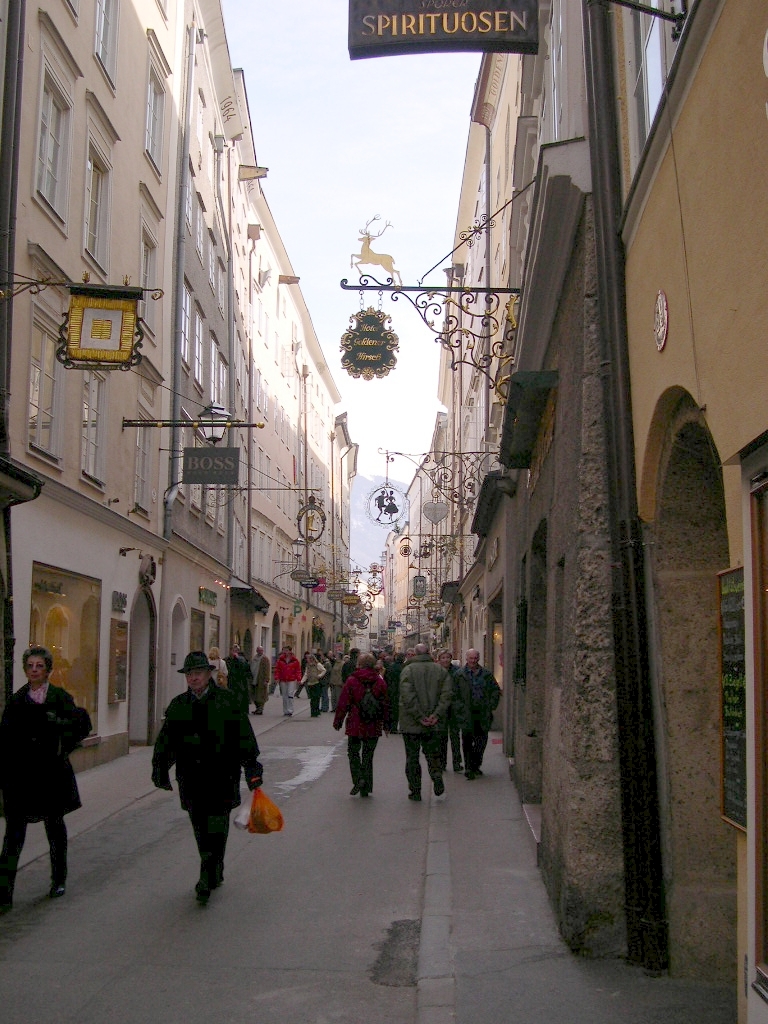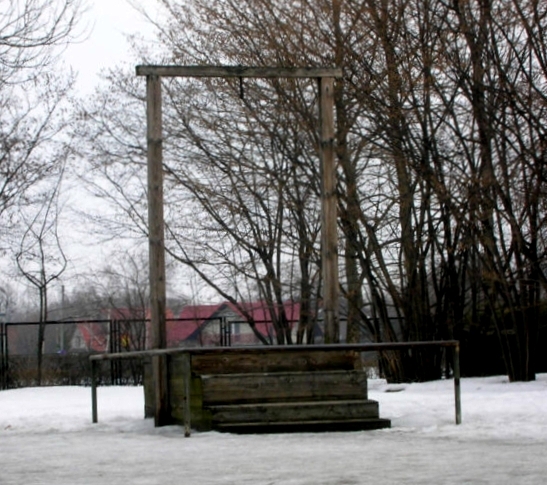This was a letter sent to the Daily Mail:
I feel my whole world has turned into a dystopian nightmare. What prompted me to write was that video made by Dawn French. She put on a babyish, whiny voice to mock the agony Jewish people are going through, and reduced the horrors of October 7, 2023 to ‘a bad thing’.
It was so awful it actually made me cry.
Every day I see celebrities such as Benedict Cumberbatch signing letters of protest saying Israel has no right to defend itself – and, honestly, it’s intolerable. Do they all hate Jews so much?
All sense of security in my life has disappeared. Who I once was has gone. This is being a British Jew today in the UK.
My mother’s family goes back five generations in England and I am a typical Yorkshire lass – and Jewish. Now I feel like a stranger in the only country I’ve ever known. Just because of my DNA.
Old friends start to withdraw, get too busy to see you or just ghost you. Other friends, in all industries, are losing contracts, not been hired, ignored by workmates, abused on social media.
You switch on news reports you know (first-hand) are at best biased and at worse false. Politicians such as David Lammy and many Labour backbenchers clearly hate Israel – which is the Holy land of the Bible and the Torah. Everywhere we Jews are lied about and (even worse) narratives are changed to fit centuries-old lies.
I have a friend who is a secondary school teacher. After October 7 she endured daily racial slurs by her students. Her union and the administration didn’t support her, so she felt she had no choice but to leave her job.
I know of two people whose clients have left them as they ‘can’t work with someone who supports that country’. Israel, the elephant in the room for all Jews. Whether we feel connected or not, wherever we live, we are all judged by that.
Worldwide, Jews like me are now realising just how the Holocaust happened. A constant drip of misinformation and prejudice set the groundwork for Kristallnacht and the camps. I still cannot believe that this is happening to us – to me – as British as Les Dawson and Yorkshire pudding. But it is.
Jewish friends constantly discuss where they will go when they have to leave Britain. Where would we be safe? This in 2025 in the UK. I am so afraid, depressed, let down, stateless and terrified for the future – especially for my teenage child.
“Jews like me are now realising just how the Holocaust happened.”
Says it all, really. What was once pretty much a “German” or even “European” thing is now international.
As for me: anger does not begin to describe how I feel about all this. And I’m not Jewish. All I can say is what I’ve always said:
If you come for the Jews, you have to get past me first.
Added: you motherfuckers.
And by the way: don’t bother telling me that your beef isn’t with Jews, but with Israel. That little bit of maskirovka doesn’t work any more.











